Conclusion
Natural infection with hepatitis viruses is known to cause hepatitis disease. Natural infection with measles, mumps, rubella and varicella viruses have also been associated with hepatitis, albeit rarely. Thus, measles, mumps, rubella and varicella vaccines, and especially hepatitis A and hepatitis B vaccines, prevent hepatitis disease by protecting against natural infection. Vaccines currently routinely recommended to the general population in the U.S.* do not cause hepatitis when administered to immunocompetent persons.
Varicella is a live virus vaccine that is contraindicated for most patients with underlying immune deficiencies. If the vaccine is mistakenly administered to severely immune deficient individuals, it can cause hepatitis as well as other complications. For more information, see the Varicella, the Do Vaccines Cause Disseminated Varicella Infection? and the Do Vaccines Cause Herpes Zoster? summaries.
Patients with chronic hepatic diseases such as chronic hepatitis B or hepatitis C infection can and should receive all routine vaccinations as recommended by the ACIP. Hepatitis A and hepatitis B vaccines are specifically recommended for such individuals to protect them from these natural infections leading to more severe disease 1.
Epidemiological Evidence
The 2012 report by the Institute of Medicine (IOM), now called the National Academy of Medicine (NAM), found no relevant studies of quality in the literature assessing an association between hepatitis and either MMR or Hepatitis A vaccines 2. No relevant studies of quality have been published since this report.
Proposed Biological Mechanism
Infection with wild-type hepatitis viruses can cause both acute and chronic hepatitis disease. However, hepatitis A vaccine is formalin-inactivated and hepatitis B vaccine is a yeast-derived recombinant vaccine; neither are live vaccines 3. For more information, please see the Hepatitis A and Hepatitis B summaries.
Infection with wild-type measles, mumps, rubella and varicella viruses have on rare occasions been associated with hepatitis. Potential mechanisms in which general viral infection could contribute to symptoms of hepatitis include activation of the complement system, in which a cascade of proteolysis and successive release of cytokines functions to amplify the immune response but can damage host cells if not properly regulated, as well as autoantibodies or T cells 2. MMR and varicella vaccines are live attenuated viral vaccines, and are therefore able to replicate in the body. For more information, see the Measles, Mumps and Rubella and Varicella summaries.
The IOM found only weak mechanistic evidence for an association between hepatitis and either MMR or Hepatitis A vaccines, even when considering knowledge about the natural infection, as the only post-vaccination cases documented provided little evidence beyond a temporal association 2.
* These conclusions do not necessarily consider vaccines recommended only for special populations in the United States such as Yellow Fever vaccine (international travelers) or Smallpox vaccine (military personnel), or vaccines no longer recommended to the public such as the Janssen (J&J) COVID-19 vaccine.
References
1. Alter MJ. Vaccinating Patients with Chronic Liver Disease. Gastroenterology & Hepatology 2012; 8(2): 120-2.
2. Institute of Medicine. In: Stratton K, Ford A, Rusch E, Clayton EW, eds. Adverse Effects of Vaccines: Evidence and Causality. Washington (DC): National Academies Press (US); 2012.
3. Epidemiology and Prevention of Vaccine-Preventable Diseases. Washington D.C.: Centers for Disease Control and Prevention, 2015.

